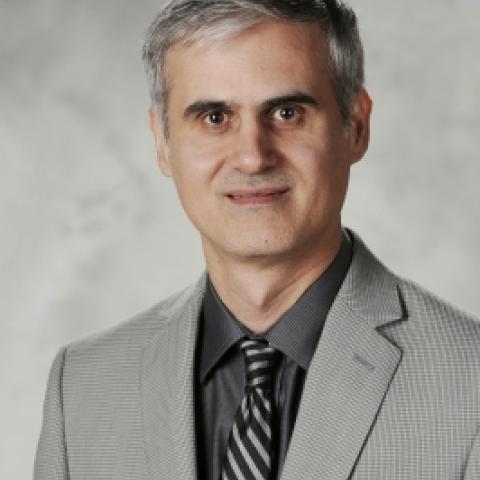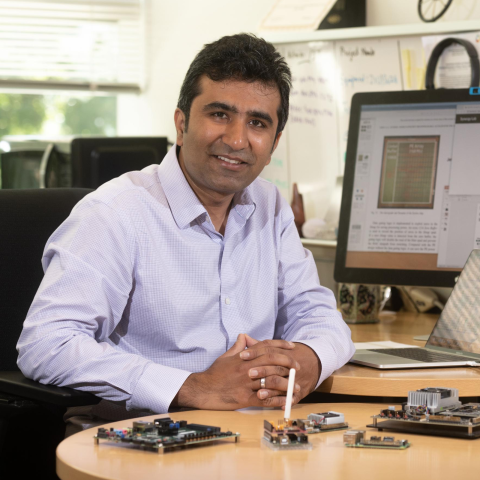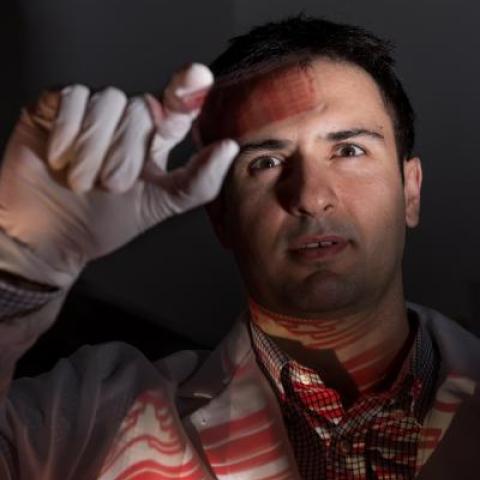Stephen E. Ralph

Stephen E. Ralph is a Professor with the School of Electrical and Computer Engineering at Georgia Tech. He received the BEE degree in Electrical Engineering with highest honors from the Georgia Institute of Technology in 1980. He received a Ph.D. in Electrical Engineering from Cornell University in 1988 for his work on highly nonequilibrium carrier transport in semiconductor devices. He is currently the director of the Georgia Electronic Design Center, a cross-disciplinary electronics and photonics research center focused on the synergistic development of high-speed electronic components and signal processing to enable revolutionary system performance. He is also the founder and director of the new Terabit Optical Networking Consortium, an industry led communications and information technology consortium. Prior to Georgia Tech he held a postdoctoral position at AT&T Bell Laboratories and was a visiting scientist with the Optical Sciences Laboratory at the IBM T. J. Watson research center. He has widely published in peer-reviewed journals and conferences and holds more than 10 patents in the fields of optical communications, optical devices and signal processing. His current research focuses on high-speed optical communications systems including modulation formats, coherent receivers, microwave photonics, integrated photonics and signal processing. Ralph is an Associate Editor of the IEEE Transactions on Electronic Devices. He is a Fellow of the Optical Society (OSA).
Integrated photonicsMachine learning and signal processingPhotonics in aerospace applicationsUltra high capacity optical communication systemsSimulation and modeling of communication systems








